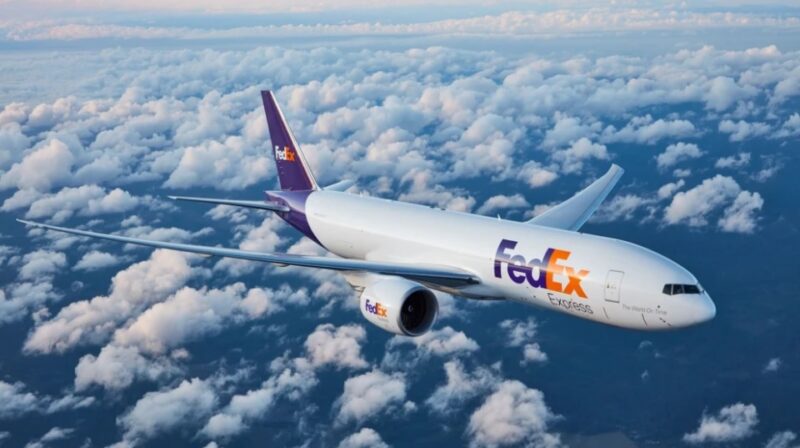FedEx and UPS Expand Returns Services to Target Retail Market Share

In the midst of a market share battle during a delivery demand downturn, FedEx and United Parcel Service (UPS) are enhancing their returns services to assist retailers in reducing the expenses associated with returning products like shoes and apparel.
In the United States, consumers returned goods worth $817 billion last year, comprising 16.5% of their purchases. Processing an average return costs approximately $33, and both carriers are committed to helping their customers reduce transportation-related costs.
FedEx, a crucial partner of Walmart, is extending its consolidated returns services to more clients just in time for the holiday season when return volumes surge, according to FedEx spokesman Ryan Kelly.
Previously, FedEx’s consolidated returns service was exclusively available to large customers handling thousands of daily returns. The new threshold now encompasses “just a couple of hundred returns,” although specific users of the service were not disclosed.
The company collects returns from all its clients at approximately 2,000 FedEx Office locations, which are then shipped to FedEx returns centers for sorting by merchant. Subsequently, the goods are sent back to individual customers, typically via large delivery vehicles.
Consolidating returns has the potential to reduce transportation costs by as much as 20%, as indicated by Amena Ali, CEO of returns services provider Optoro.
In the meantime, UPS is acquiring Happy Returns to strengthen its e-commerce returns business, which has witnessed a 25% growth since 2020. Notable Happy Returns customers include Levi’s, Allbirds, and Lands End.
Approximately 5,200 UPS Store locations will join Happy Returns’ existing drop-off points, expanding the service’s availability to more than 12,000 locations across the United States, according to UPS.
It’s worth noting that FedEx was a former shipping partner of Happy Returns, although Kelly stated that the loss of that business is not expected to significantly impact FedEx’s results.
No box, no label returns, popularized by Amazon.com, are also being embraced by package carriers and retailers.
Amazon.com, the world’s largest online retailer with a growing delivery network, has allowed its customers to return items at company-owned stores like Whole Foods and Kohl’s department stores for several years.
FedEx accepts no label, no box returns at 10,000 locations in the United States, including FedEx Office, FedEx Express Ship Centers, and Walgreens. These types of returns can result in cost savings by eliminating the need for oversized boxes, which incur higher shipping costs, according to Kelly.
Sources: AirGuide Business airguide.info, bing.com, reuters.com
